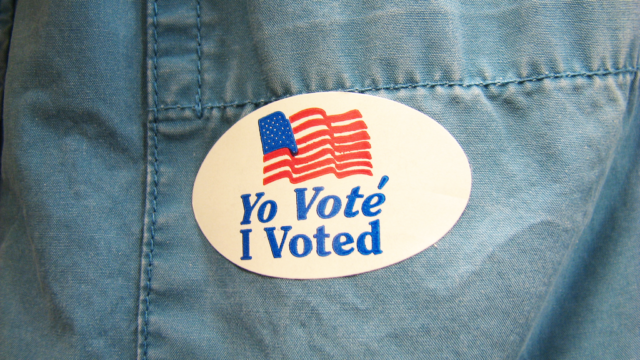This post was written by Saima Anjam, Director of Public Policy at the New York State Coalition Against Domestic Violence as part of our PowHer the Vote 2017 campaign.
All politics are local. At least, that’s the best place to start – local elections. There are just days until the 2017 elections and a few months until the 2018 elections. The choices we make now are going to dictate what happens in the future.
Politicians usually get their start at the local level and then work their way up to more prominent positions. It’s important to reach out to legislators at every level of government to educate them about the issues that are important to you. Legislators are tasked with voting on legislation impacting every issue under the sun. It’s understandable that it is impossible for them to be an expert in everything, which is why our roles are so important.
As advocates and allies – whether as staff, volunteers, board members, or somewhere in between – we are experts in the field of domestic violence. It is our responsibility to share stories (if we can do so safely), statistics, and gaps with those who have the responsibility of supporting or opposing legislation. Legislators can also introduce legislation and champion a cause that will help us move forward in the work we do. For example, increased funding for domestic violence programs should be a priority. New York State is number one in demand for domestic violence services in the country – for the second year in a row! Being number one is often a good thing, but not in this case. After more than a decade of flat funding, domestic violence programs are forced to do more with less leaving far too many victims and survivors without the help they need. Ask your elected officials if they support increased funding and what they will do to support it.
One way to stem the tide of domestic violence is by investing in primary prevention. This means going into schools and communities to address healthy relationships and warning signs before violence occurs. Primary prevention education is the best tool we have to decrease violence, and it is critical for legislators to support efforts to fund primary prevention programs in their communities. Simply put, before casting your ballot, make sure your legislator is supportive of efforts to end domestic violence.


